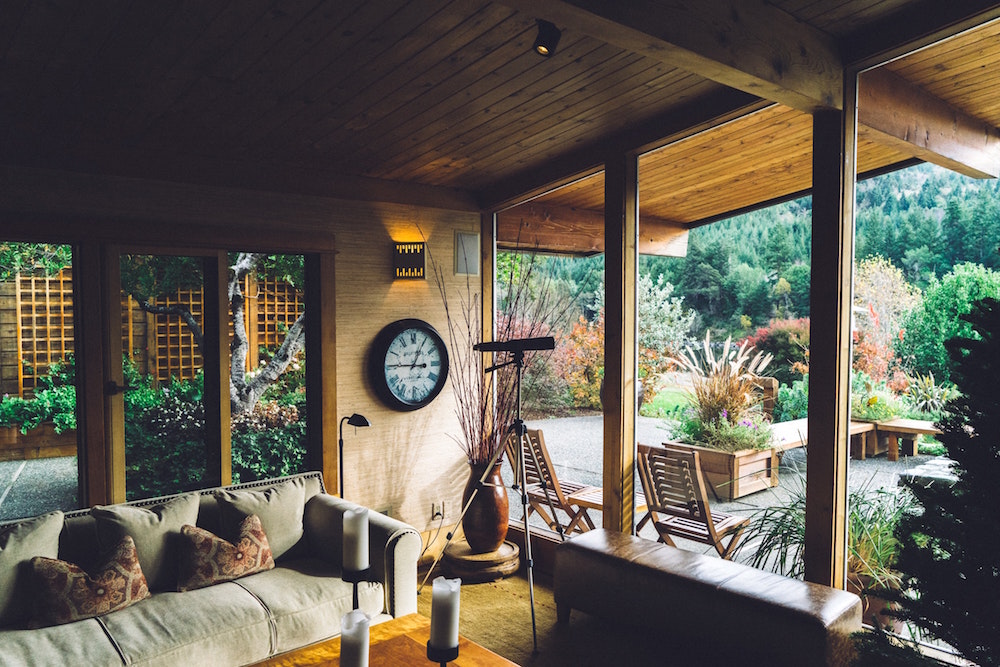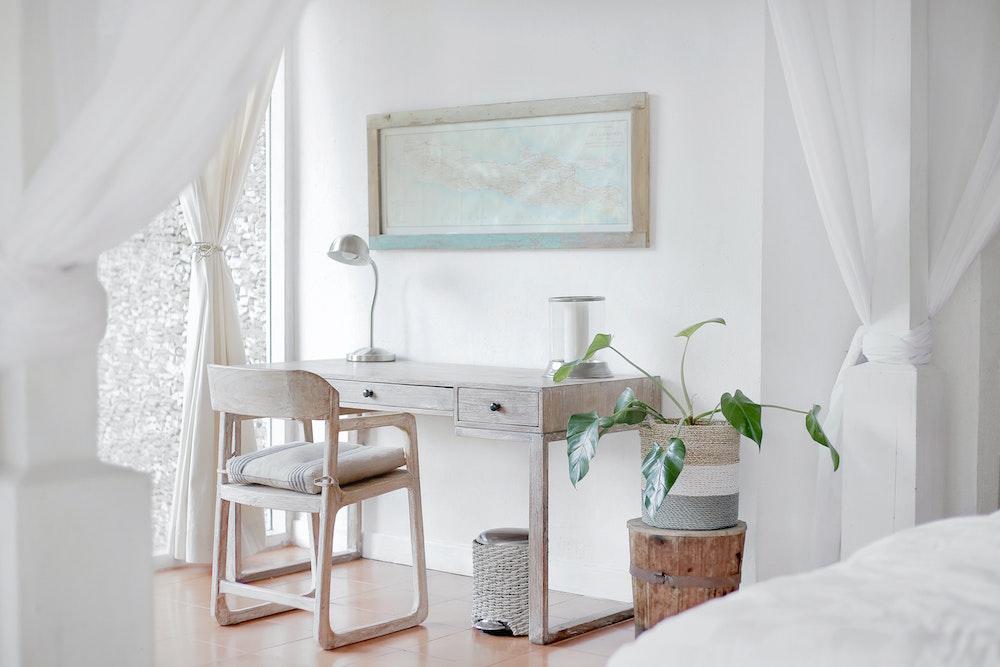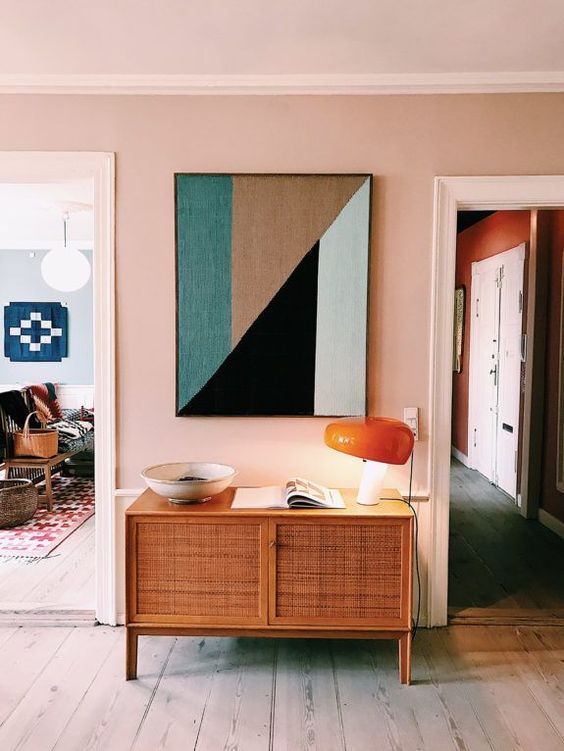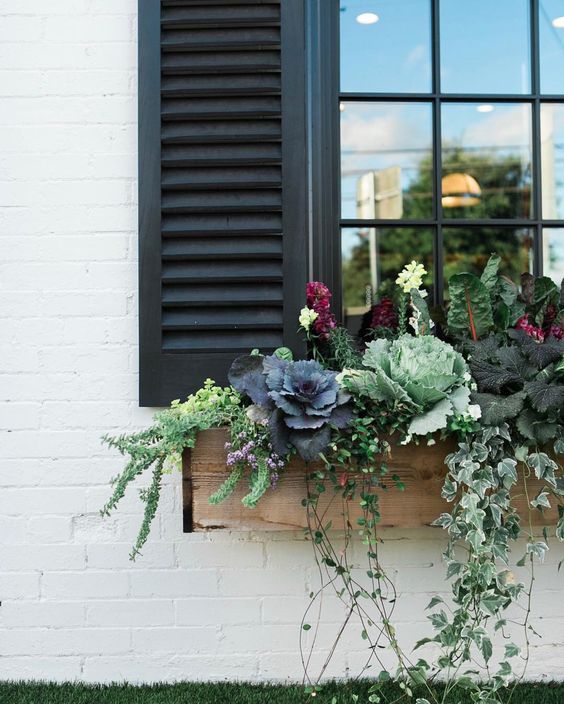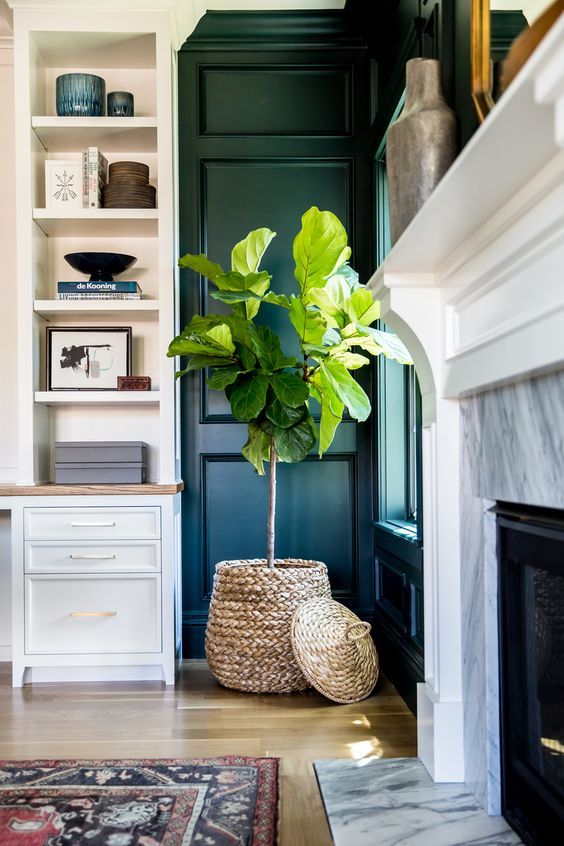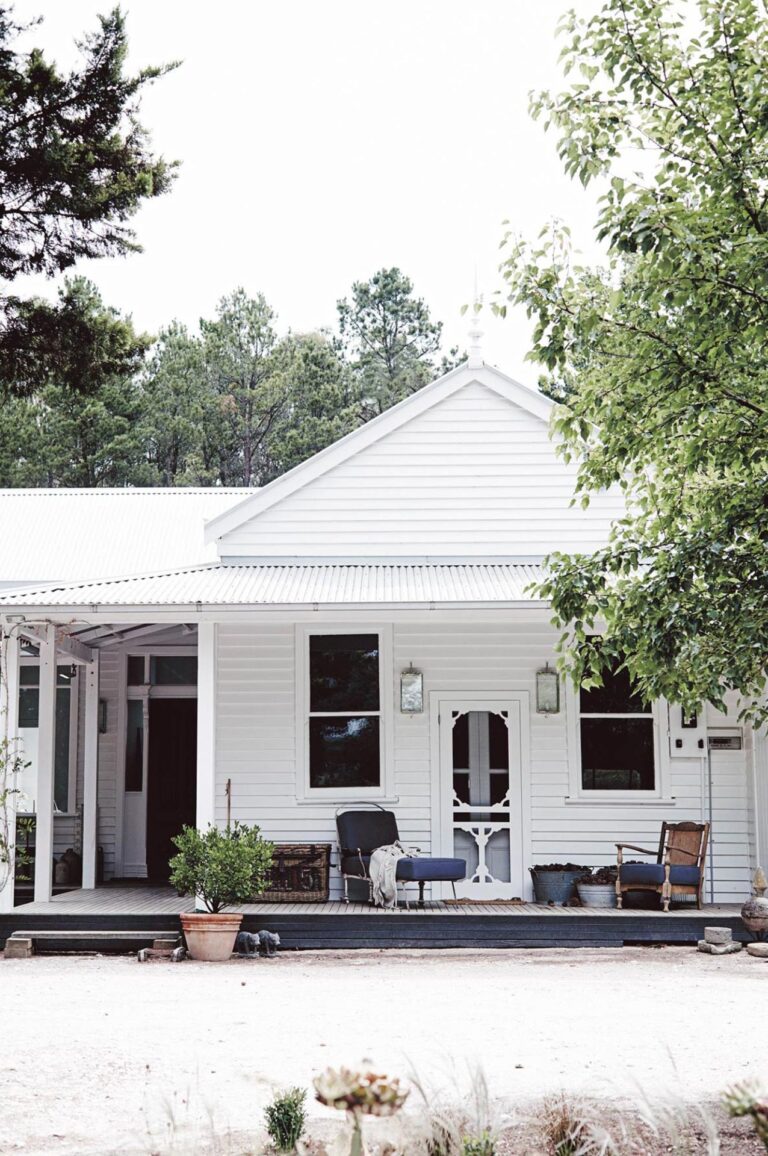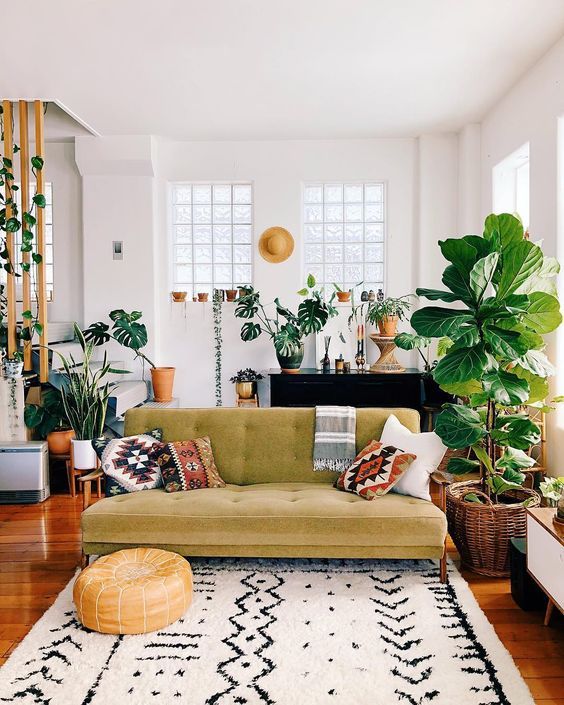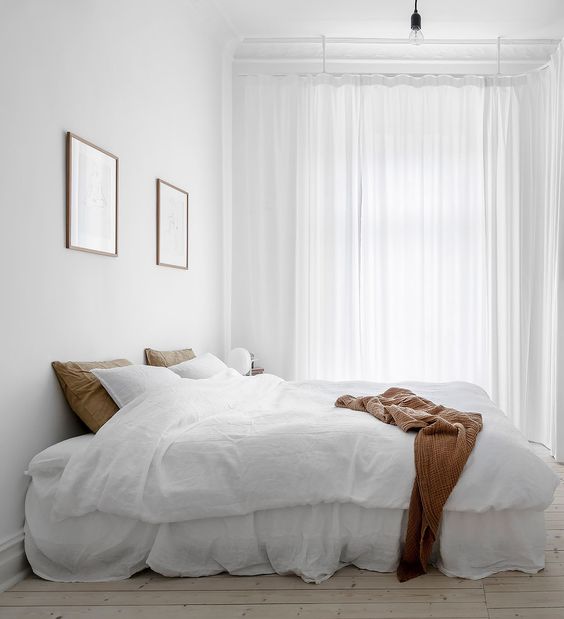Take The Stress Out Of Your Home And Improve It For The Better
You have probably noticed that when you enter certain rooms, you feel happy at the moment. Maybe the room is bright or its decoration brings to mind happy memories. Just as you are surrounded by positive people, you feel beautiful, so the environment in which you are, makes the difference. The way a room is decorated can affect your mood. If your first thought is that you can not afford to redecorate your house, you will be surprised to learn that even small, financial changes can positively affect the way you feel in a room. And this is proven by science. To be precise, scientists have conducted a significant amount of research on this issue and have found that home interior design has the ability to shape positive or negative emotional responses in humans. From color and lighting to space, natural elements, textures and shapes all affect us emotionally, they can make us feel stressed or inspire us to relax and enhance creativity. So how can you make such changes?
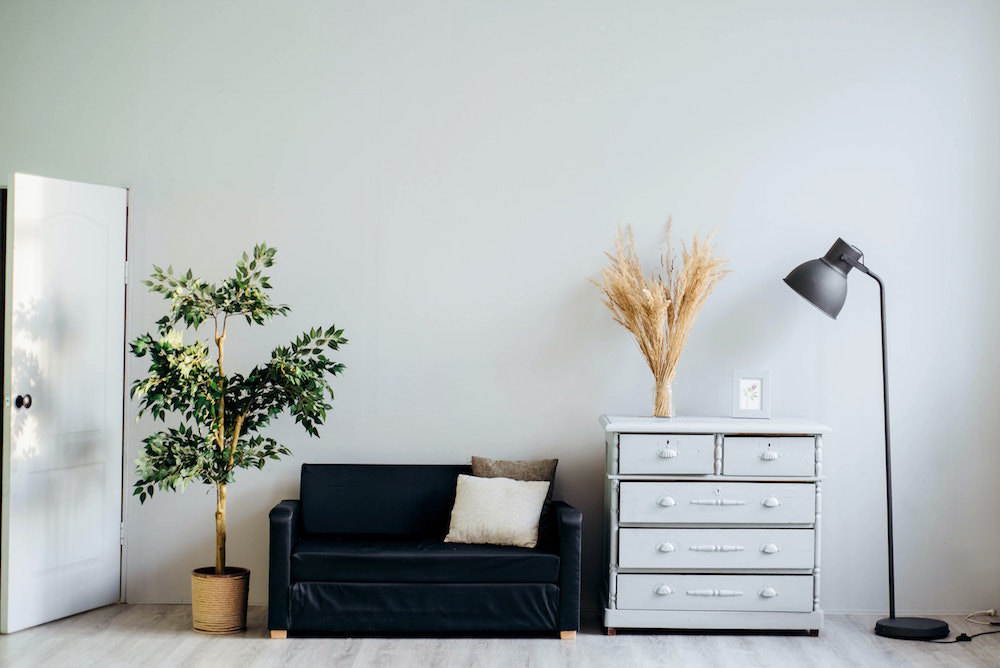
Photo: Unsplash
Bring nature into your home
Numerous studies have shown that plants improve mood, concentration, and even memory ability, since even viewing them, the presence of the natural element in a home, reduces stress. One of the reasons is that plants do the opposite of us; they release oxygen and absorb carbon dioxide, refreshing the air and removing harmful toxins from sprays, products, ink, paint, etc. We also know that when we spend time in nature, we heal our soul and our body. Thus, it is perfectly normal to need plants indoors to improve our overall well-being. If you live in an urban environment, you can fill your balcony with plants and open the doors. If you do not have one, choose indoor plants and get creative with the varieties.
Paint your house
The easiest way to change your home is to change the color of the walls. Warm colors are known to evoke feelings of optimism or joy. The color of a room really has a big effect on the mood, some colors or combinations of them tend to have similar reactions from most people.
Orange is refreshing, positive, encourages creativity, making it ideal for a place intended for fun. Yellow is often associated with a sunny landscape, with joy and appetite. It is a great choice for kitchen, dining room, home entrance, but not for basic bedroom color, as research has found that it causes irritation in such contexts – babies cry more when kindergarten has yellow as its main color, as it seems to cause confusion. Green relaxes and is considered a good choice for the main color, as it combines the pleasant yellow with the refreshing quality of green. It is known to relieve stress, relaxing us. Blue seems to lower blood pressure, make us breathe more slowly and deeply, which is why it is considered soothing and is recommended for bedrooms. Of course, you need to follow your taste, as this will definitely improve your mood.
Photo: Unsplash
Change your lighting and appliances
Lighting can add color, warmth and personality to any space and is a relatively easy and inexpensive way compared to other enhancements. A well-lit room can make us relax or activate our alertness. Use light to highlight areas such as the living room side and leave darker spaces between them. As bright light is what increases alertness and gives you more energy, it is best to turn down the lights to relax in the afternoon. In addition, sunlight is an important factor in regulating the atmosphere of your home. Let the sunlight flood your bedroom in the morning to help your body stop producing melatonin (which makes us drowsy) and thus wake up more easily. It is also a good idea to move your bed near the window with the curtains open so that you can enjoy natural light when you wake up. You could also look at getting new taps to make your home feel and look luxurious. Brand new taps and perhaps a new shower would look beautiful. Be sure to look at a Plumbing Repair Company to get your waterworks upto modern standards.
Stress isn’t needed!
Having a home that isn’t functional can make life difficult. Another UCLA study found a link between high levels of cortisol, a stress hormone, and those who have a lot of things at home. This extra stress deprives you of inspiration and makes you feel tired, even eating more, as cortisol whets your appetite. So you know what you need to do!

